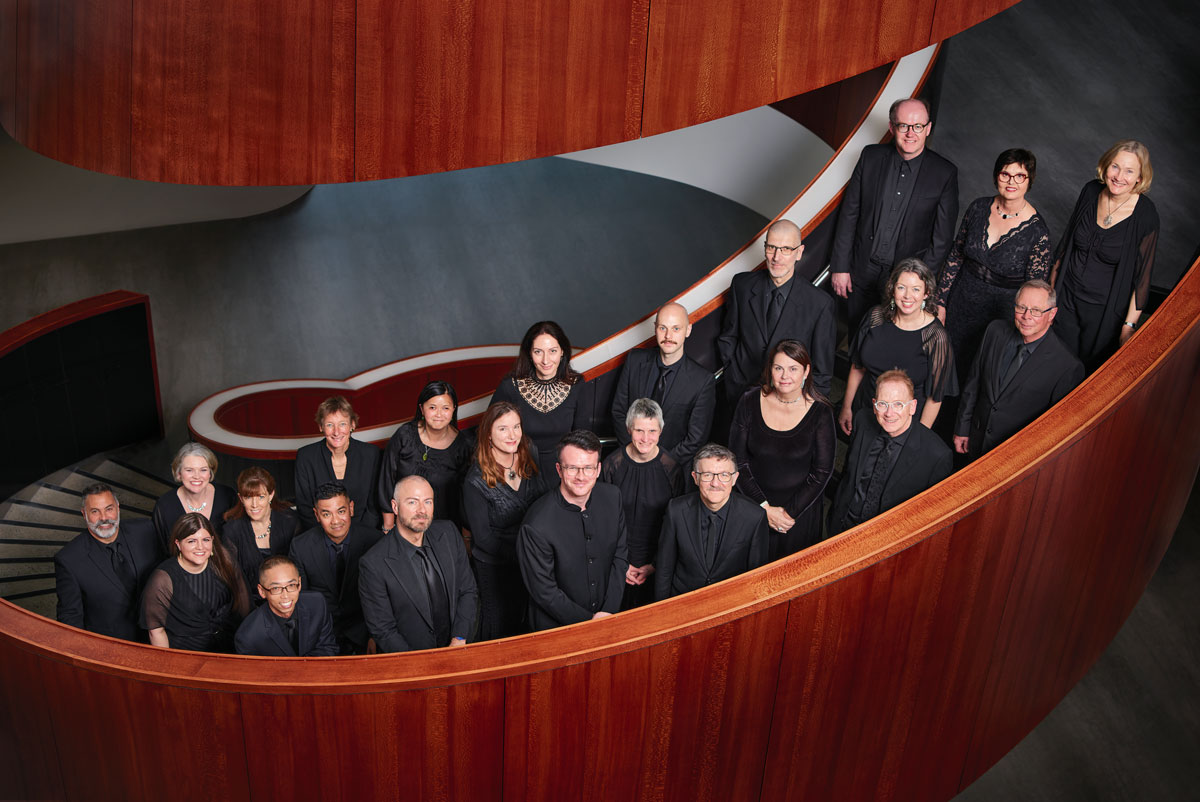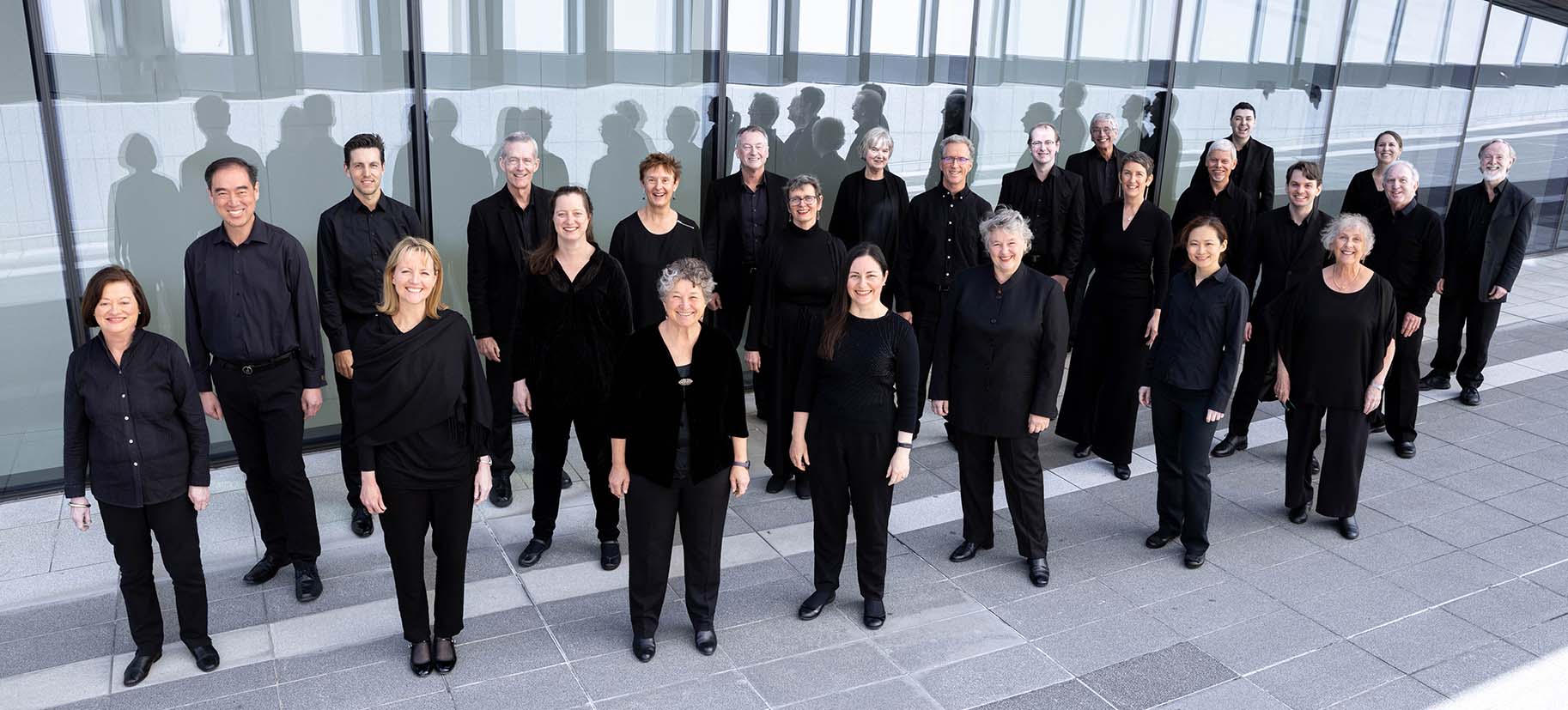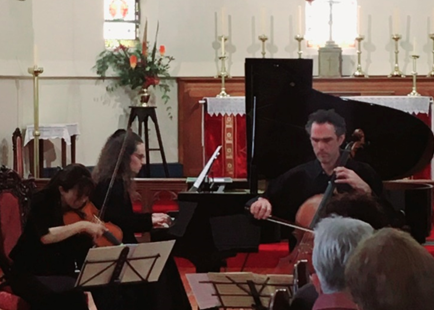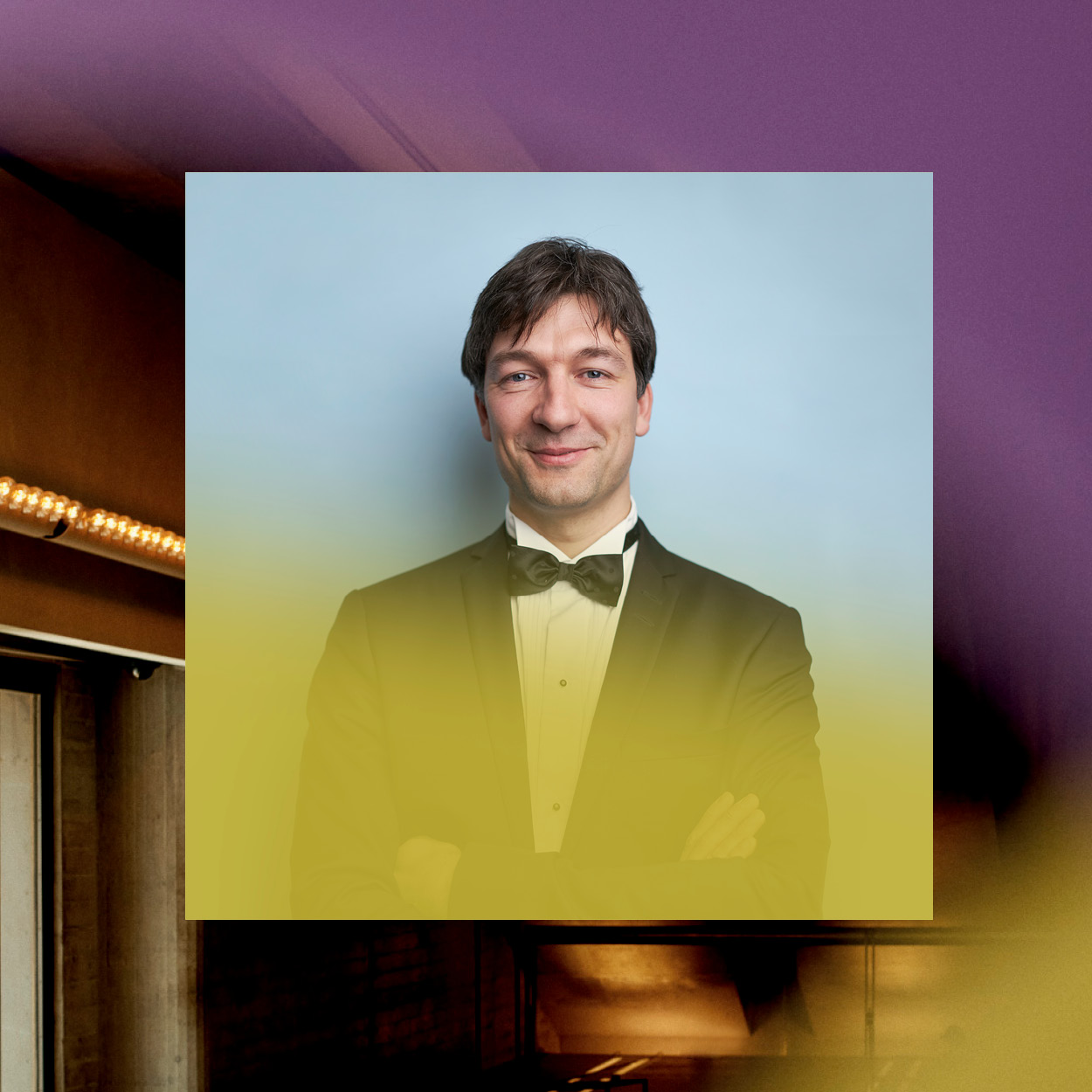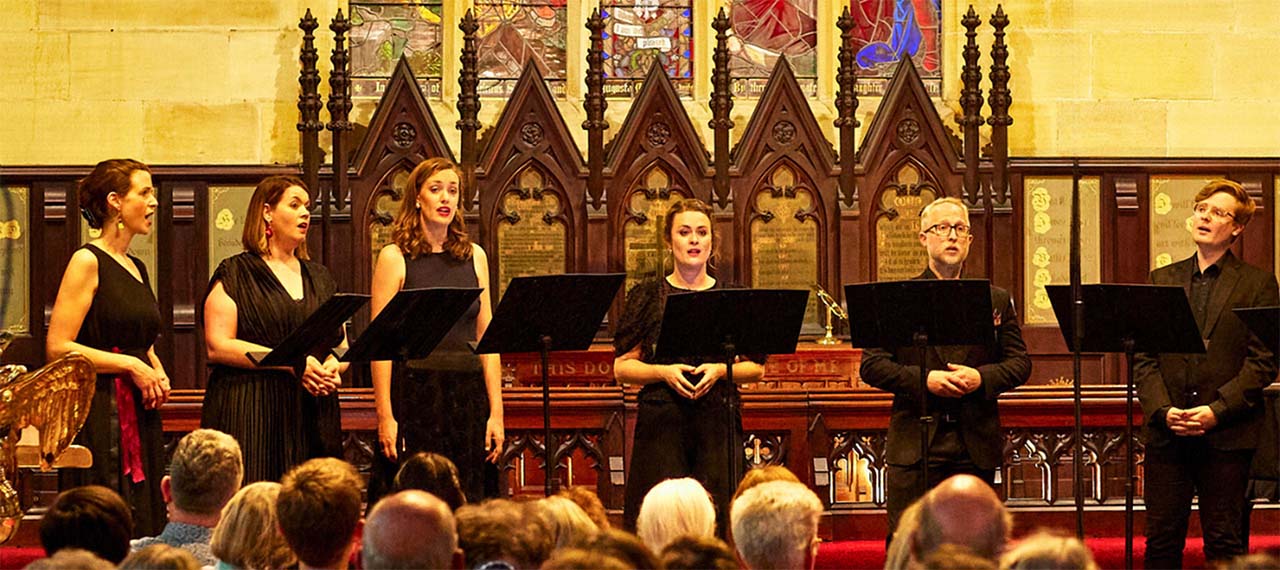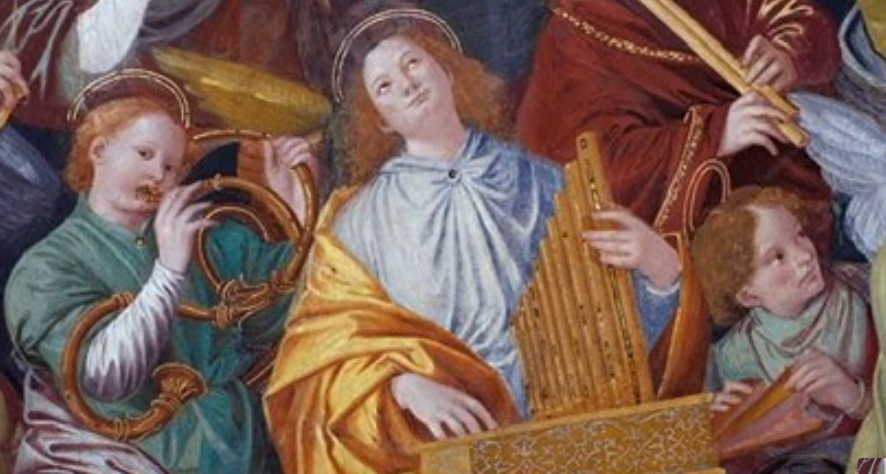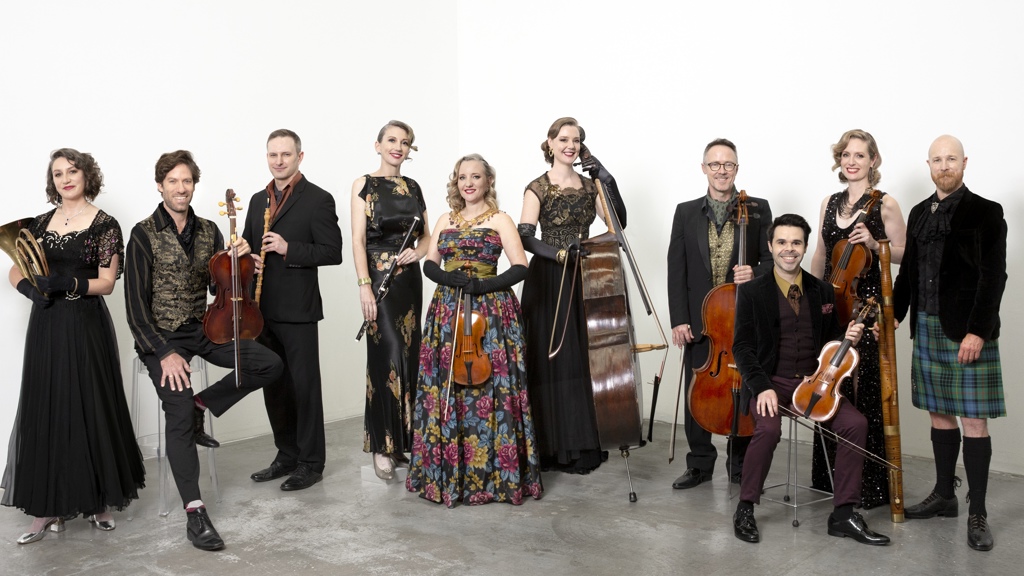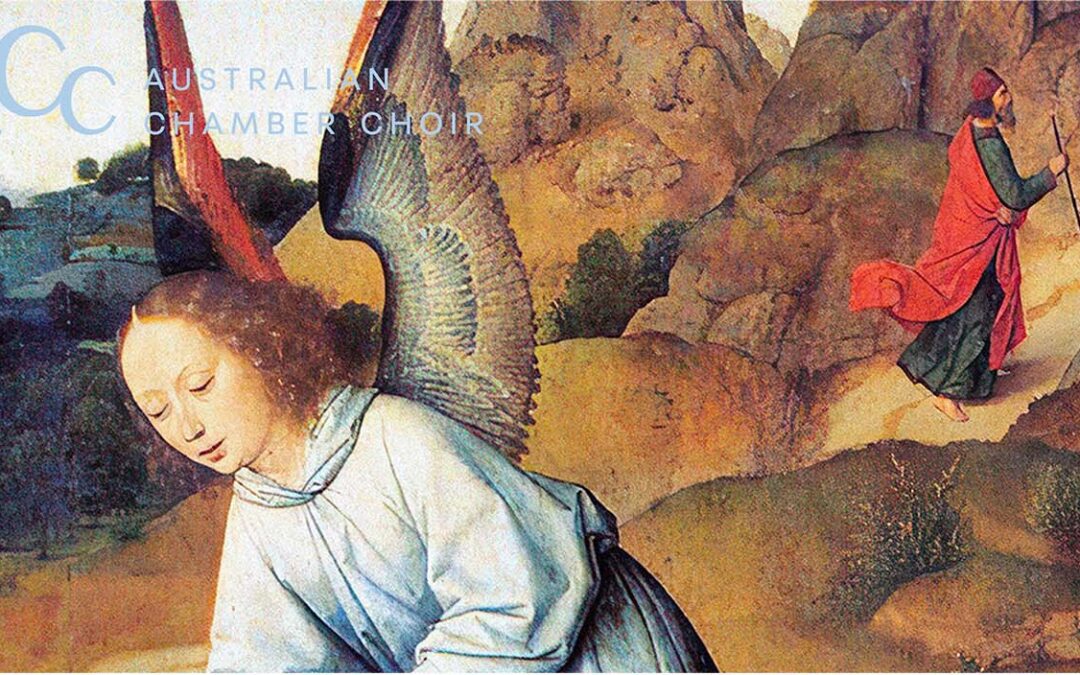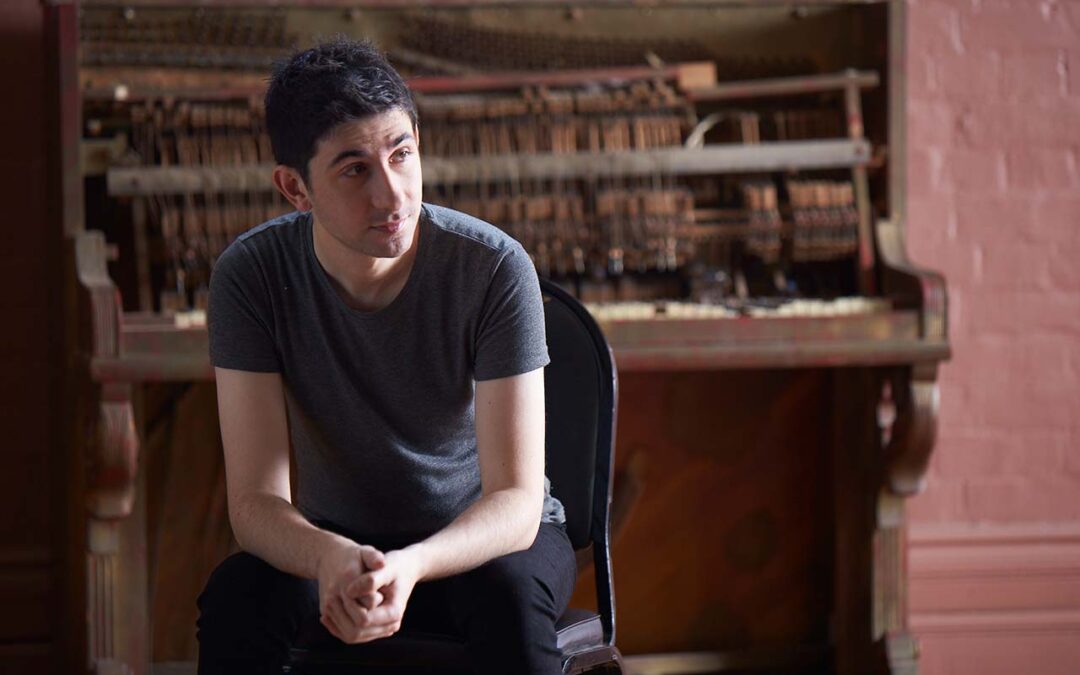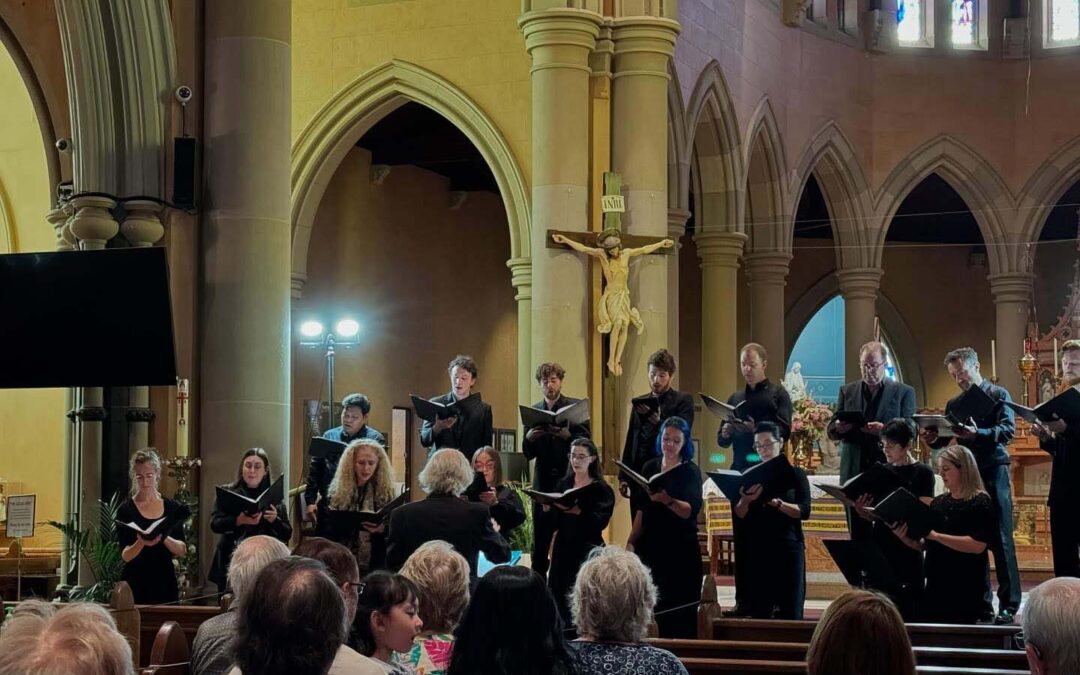The Friends of Eusebius and Florestan – a name which represents the contrasting dreamy and passionate natures of Robert Schumann – produced a performance of Schubert at the Northcote Town Hall which wended amiably and comfortably through these contrasting styles.
First up on the programme was the Clarinet Quartet in D, op.7 of Bernard Crusell. Crusell was a Finnish composer of the early 19th century who started his musical career on the clarinet. Although he had other strings… that is to say, keys to his clarinet, most of his compositional work was centred around wind instruments. And indeed in this piece the clarinet of Craig Hill takes centre stage, superbly played with a warm, smooth tone. Although the acoustics of the hall are quite good, the quartet couldn’t quite fill the space, with the violin in particular getting lost somewhere in the upper corners. It was only a minor detraction however, as the quartet played with a studied understanding of the piece; not loose by any means, the focus was very much on conveying the smooth richness of the music rather than giving preference to the tightness of phrasing which can sometimes actually reduce the enjoyment of the listener.
Second on the programme – and, clocking in at a little over an hour, the majority of it – came Schubert’s Octet in F, D. 803. In six movements, at first sight it appears as though it must be quite the marathon effort – and indeed, it surely is for the musicians! – but as an audience member there is none of that. Leaving aside for the moment the virtuosity of the playing itself, the structure of the piece is such that it’s almost impossible to get bored, or lose focus, or notice time go by at all. Even I, neophyte that I am, could almost see the themes flowing around the stage, from one instrument to another, from one section to another, as it was caught up, modified, returned to, interwoven and just generally played with joyfully.
Again, as in the Crusell, the clarinet was delightful, and this time balanced well by the strings and complimented by the balance of the wind section. With eight players the hall was mastered and the sound much better balanced, allowing the full range of notes to be given full justice. Once more the beautifully rounded timbre of the period instruments used by the Friends, along with period ‘performance practice’ including such elements as reduced use of vibrato, and ‘portamenti’, or (restrained) sliding between notes produces a sound which stands in great contrast to more modern techniques and instruments. Each approach has its place of course, but it’s wonderful to have that range of performance available so readily.
Perhaps the evening is best summed up in a paraphrase of one audience member who, after several minutes of applause, came to the front to address both the Friends and us, the friends of the Friends, to say “I’ve lived in Northcote for 50 years, and I’ve never had an evening of such beautiful music as this!” I can say it no better.

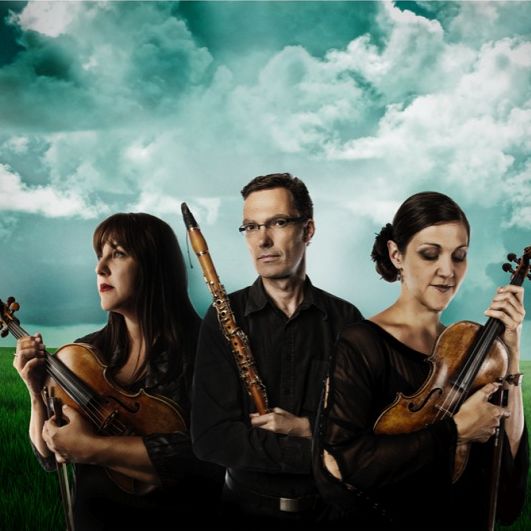


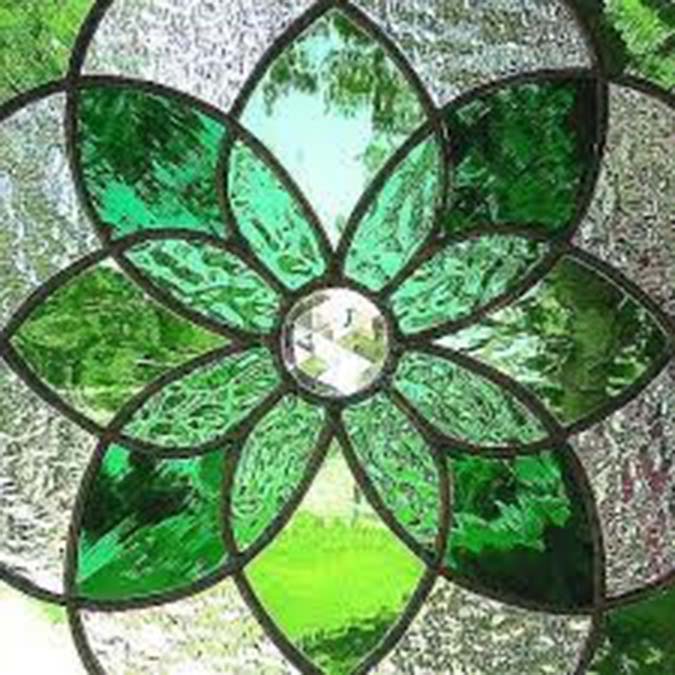

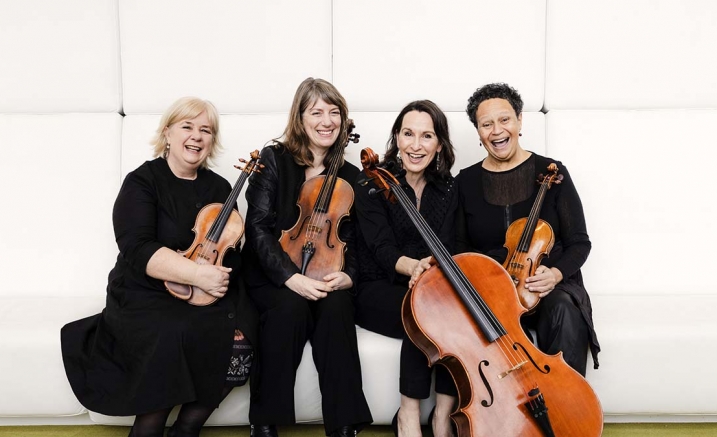


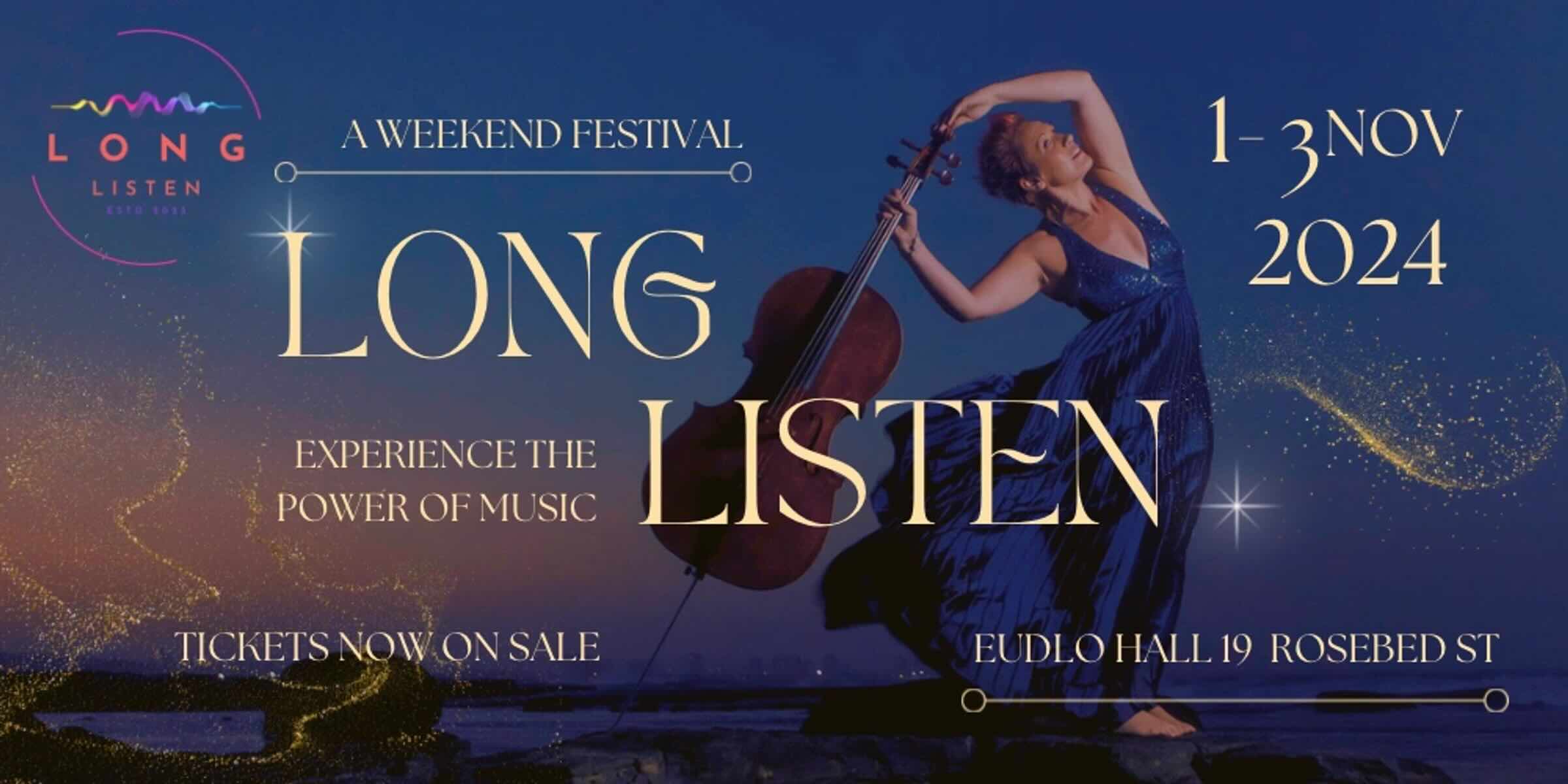
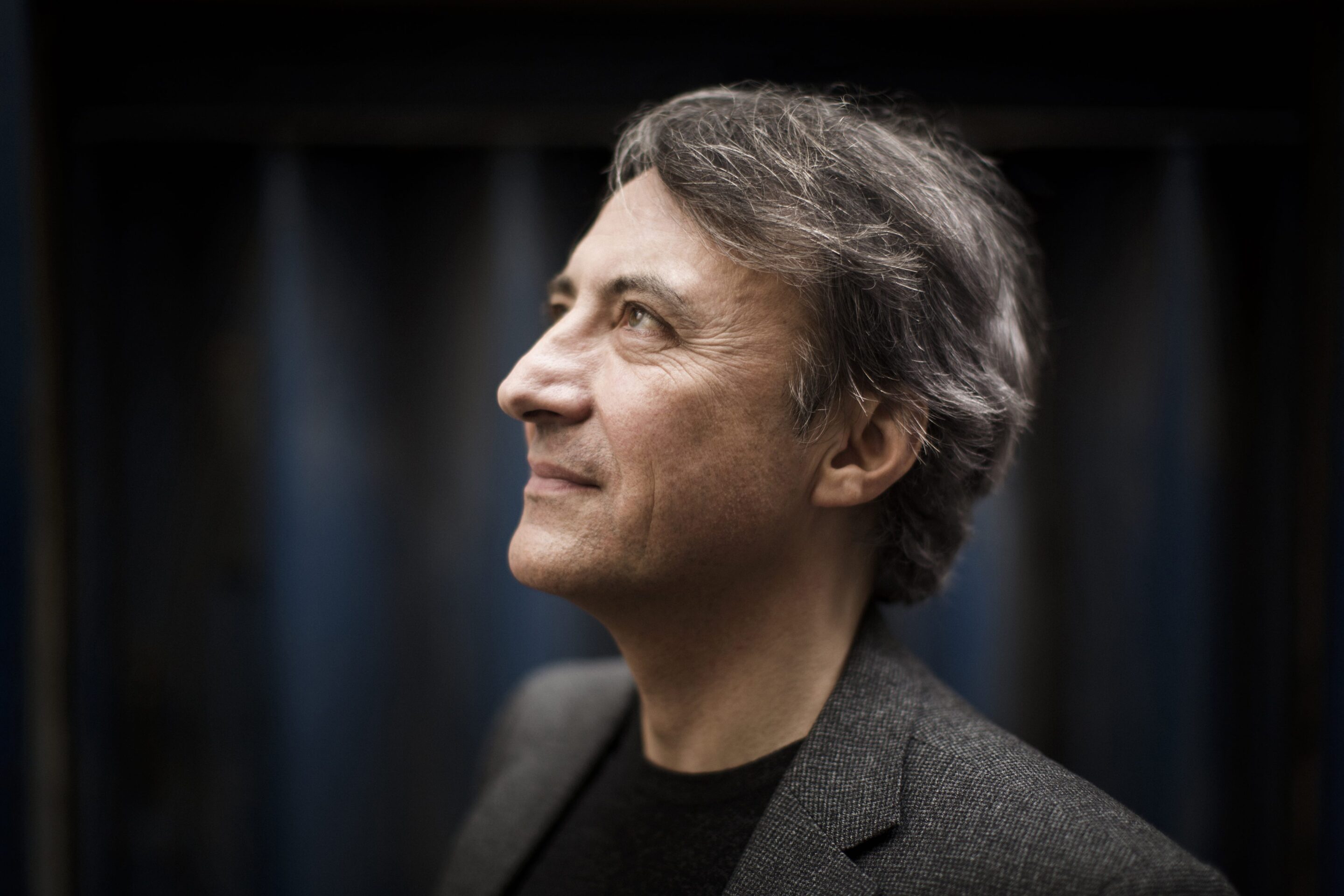

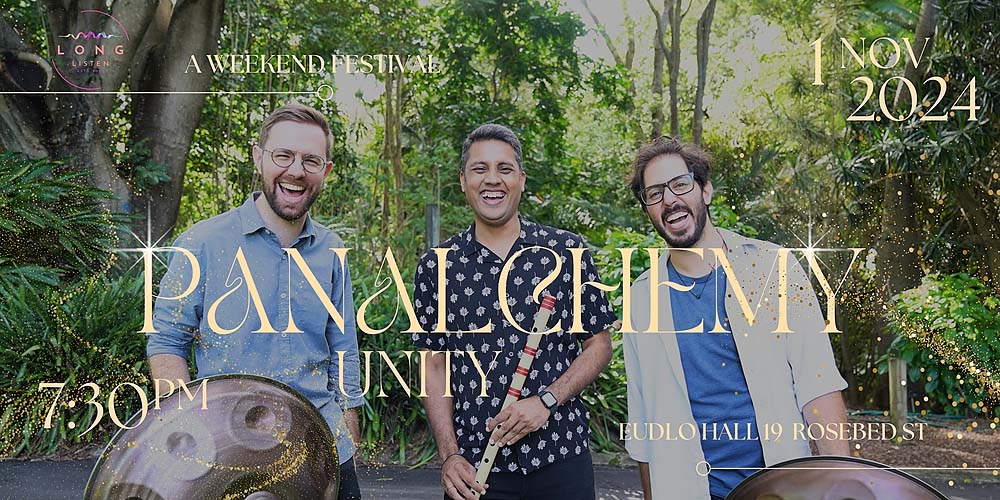

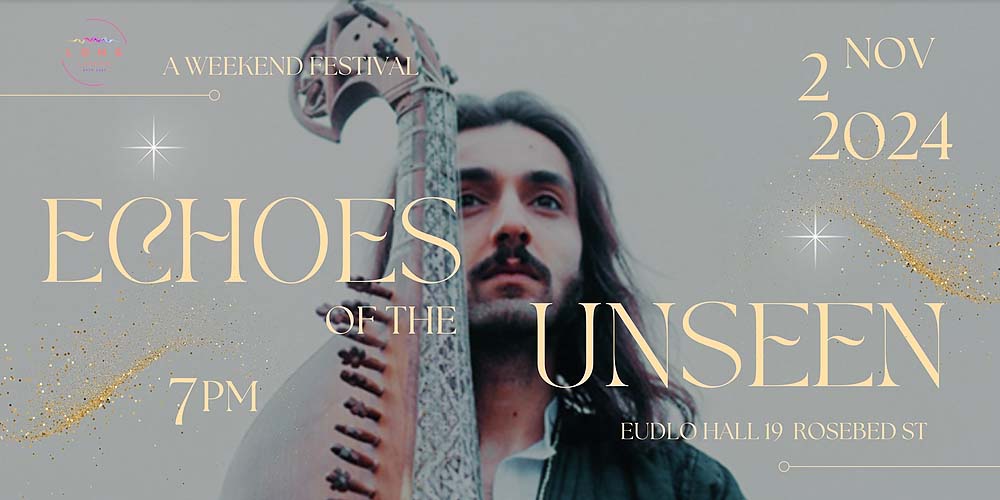
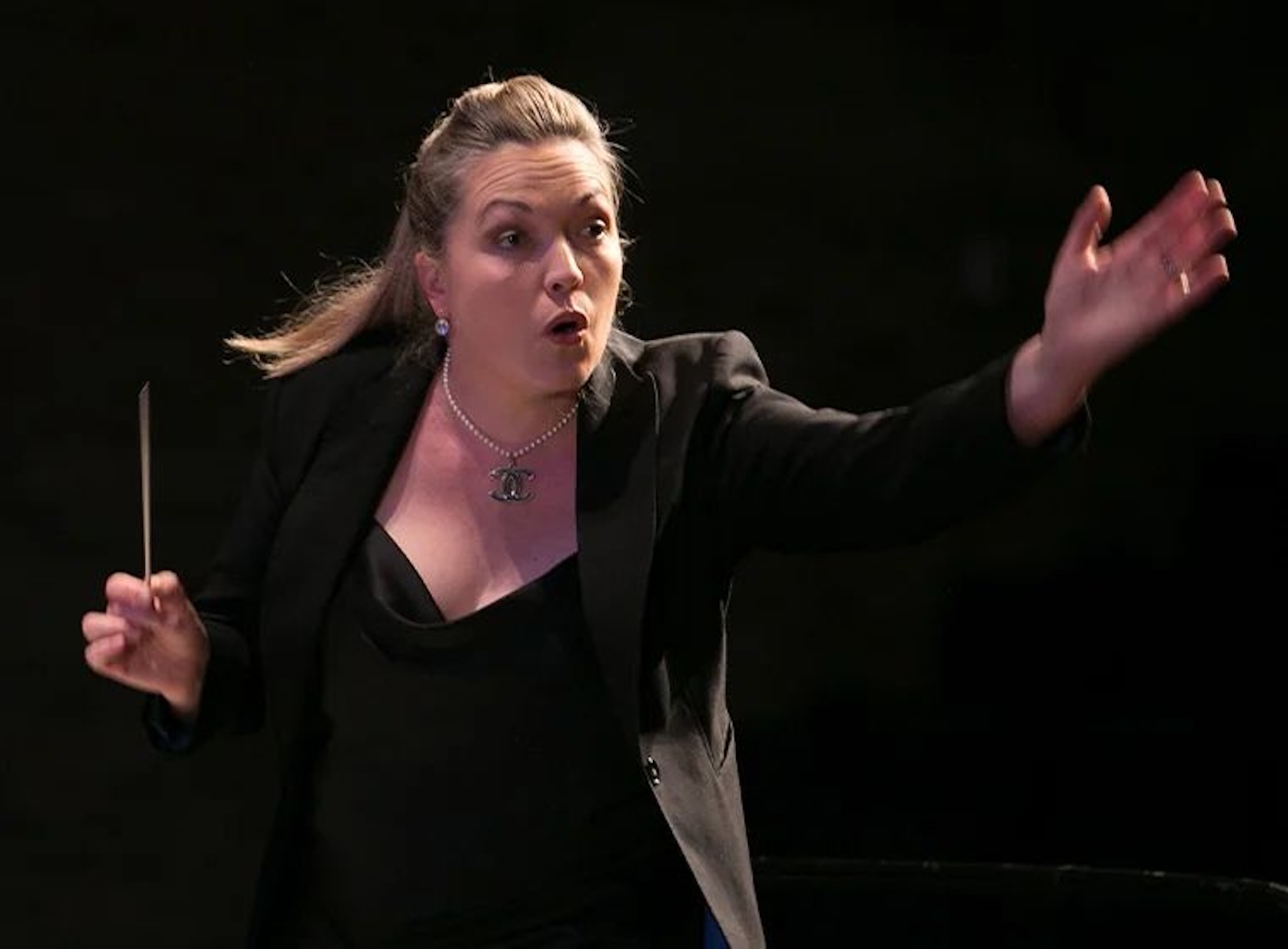
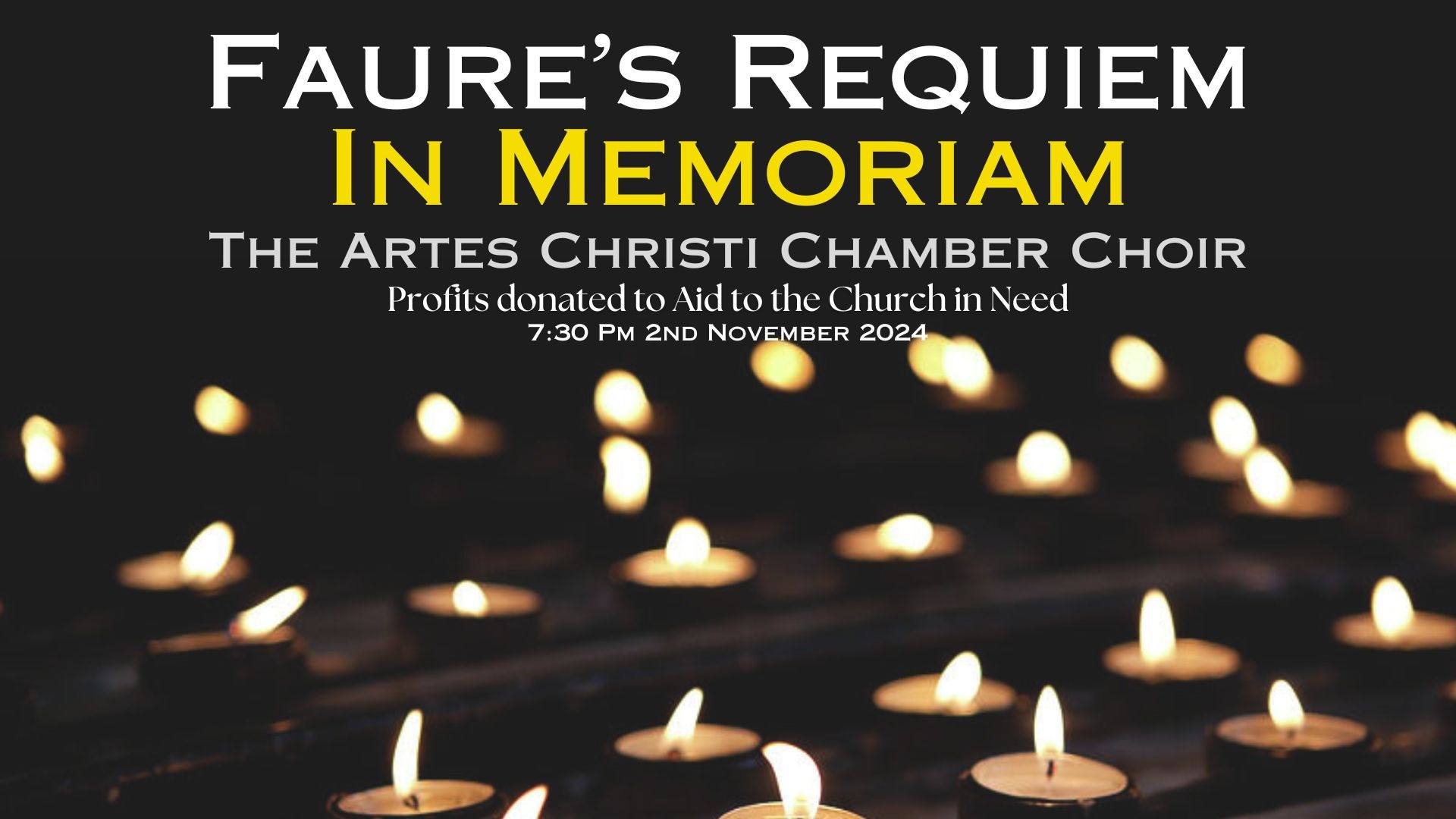
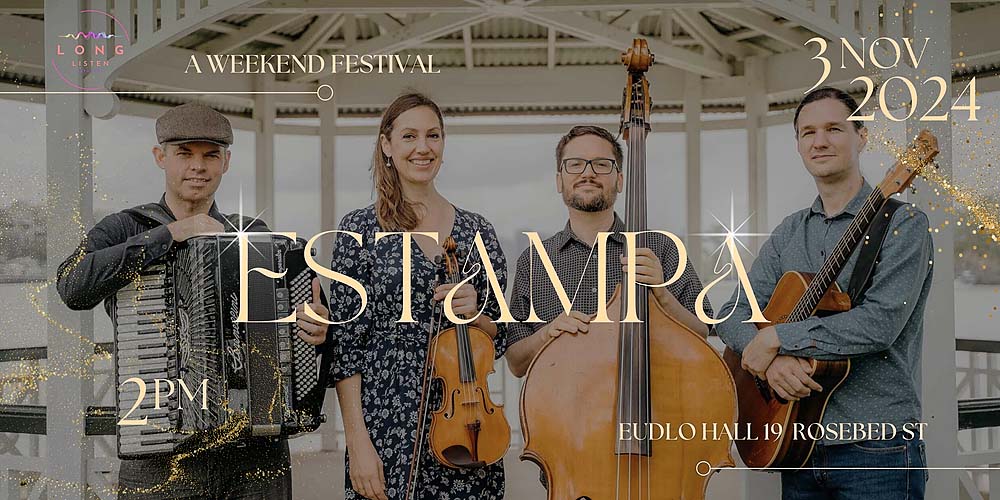





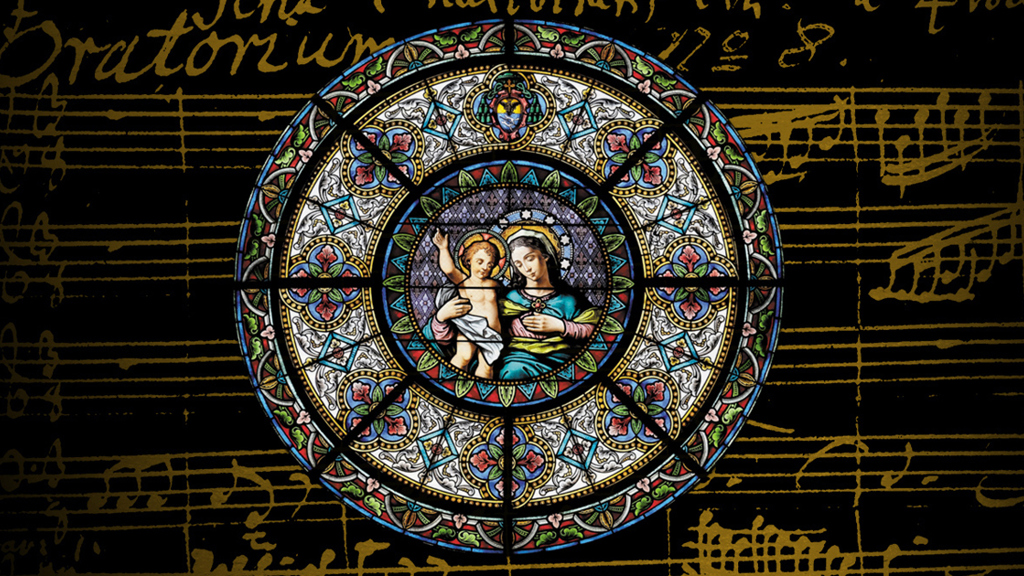
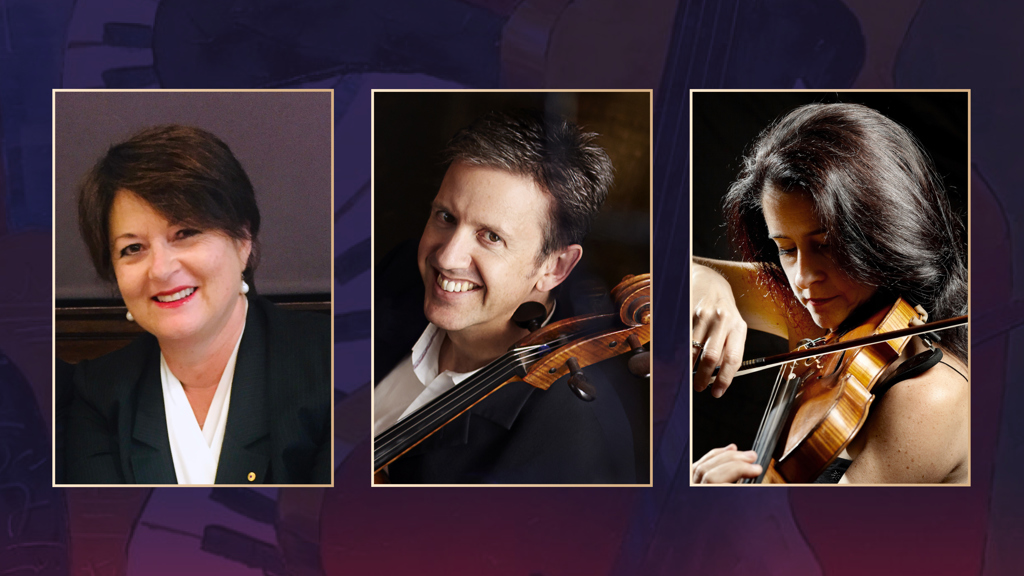

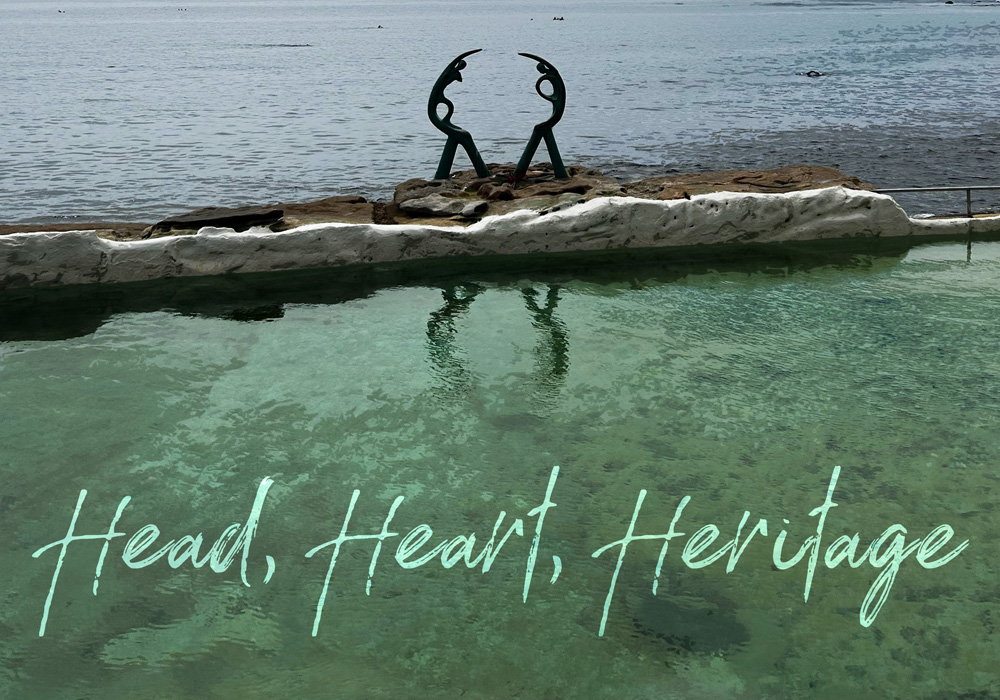
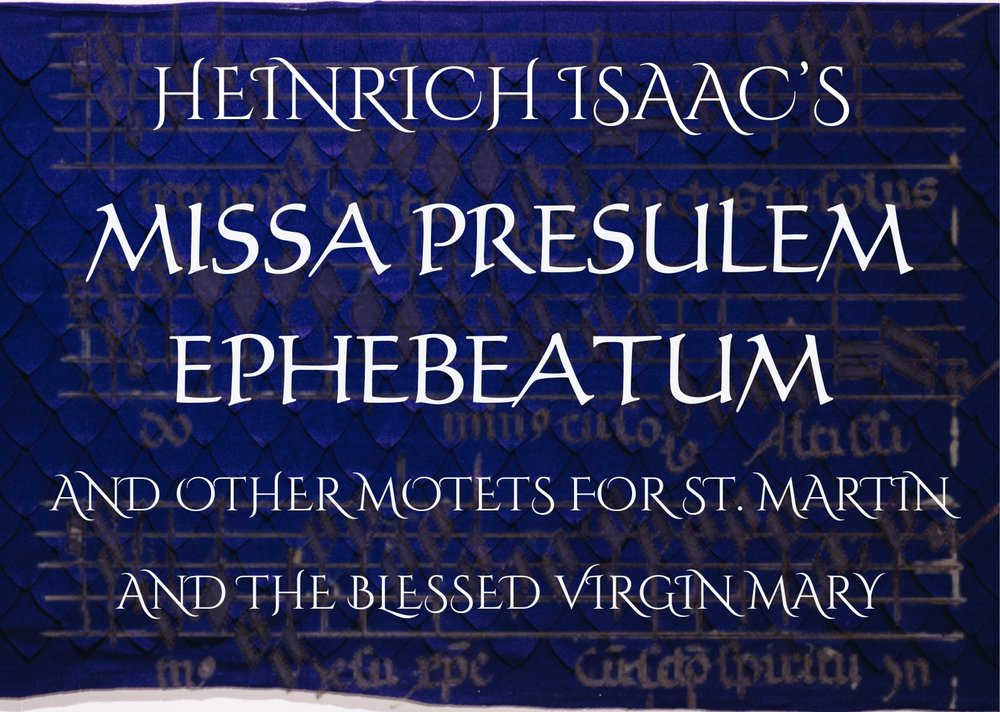

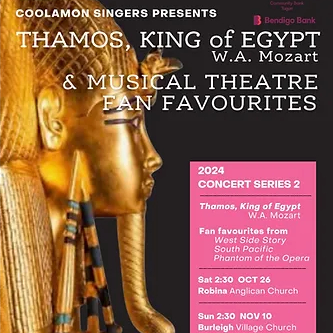
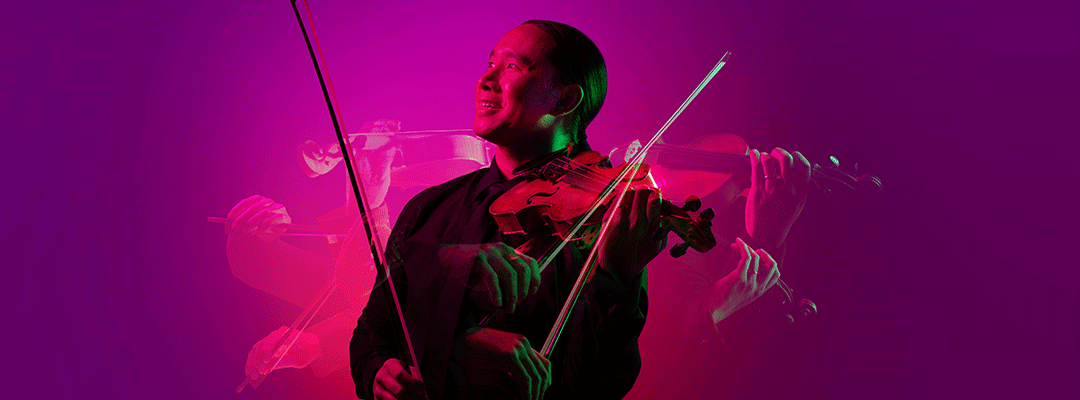


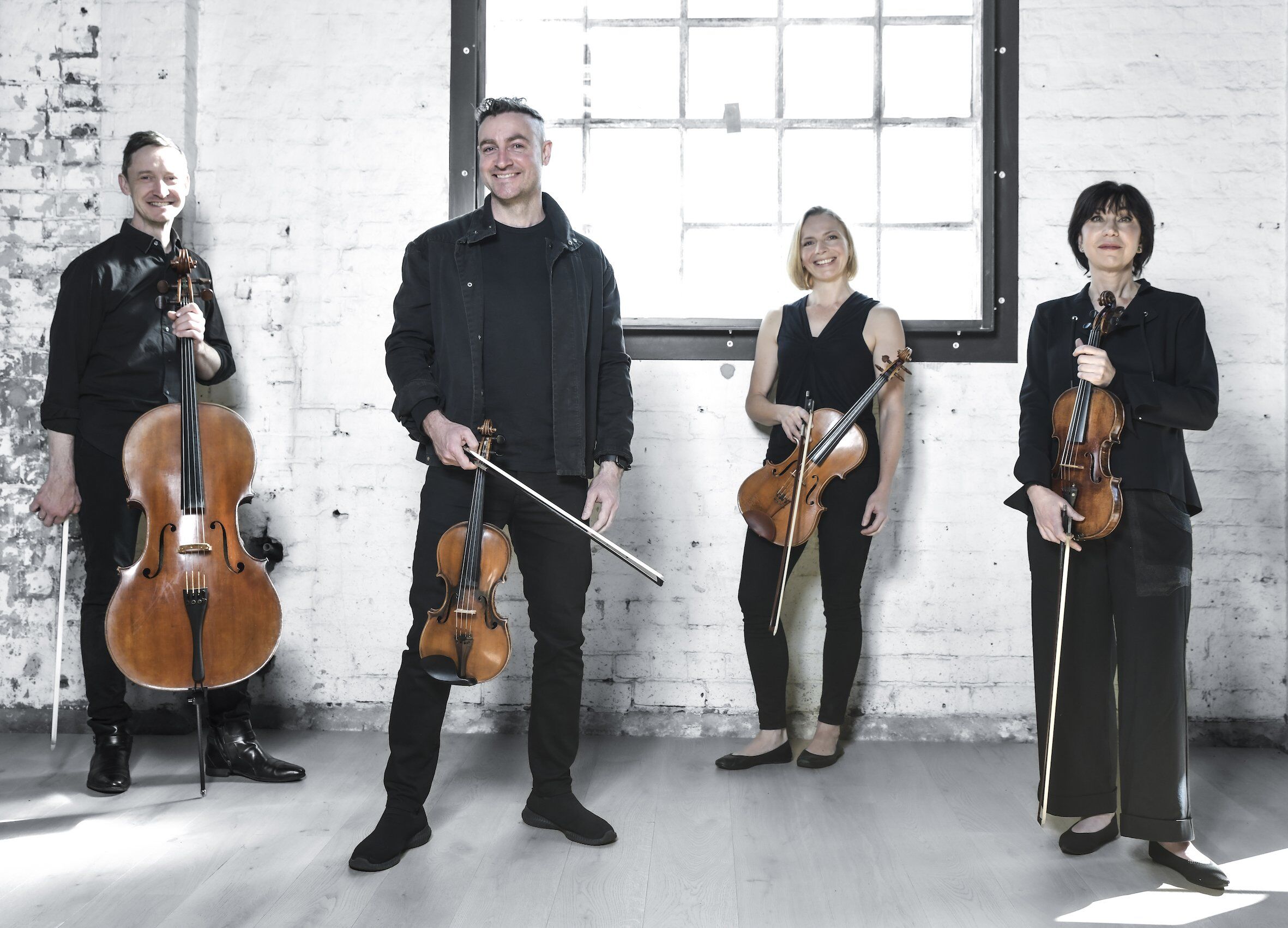





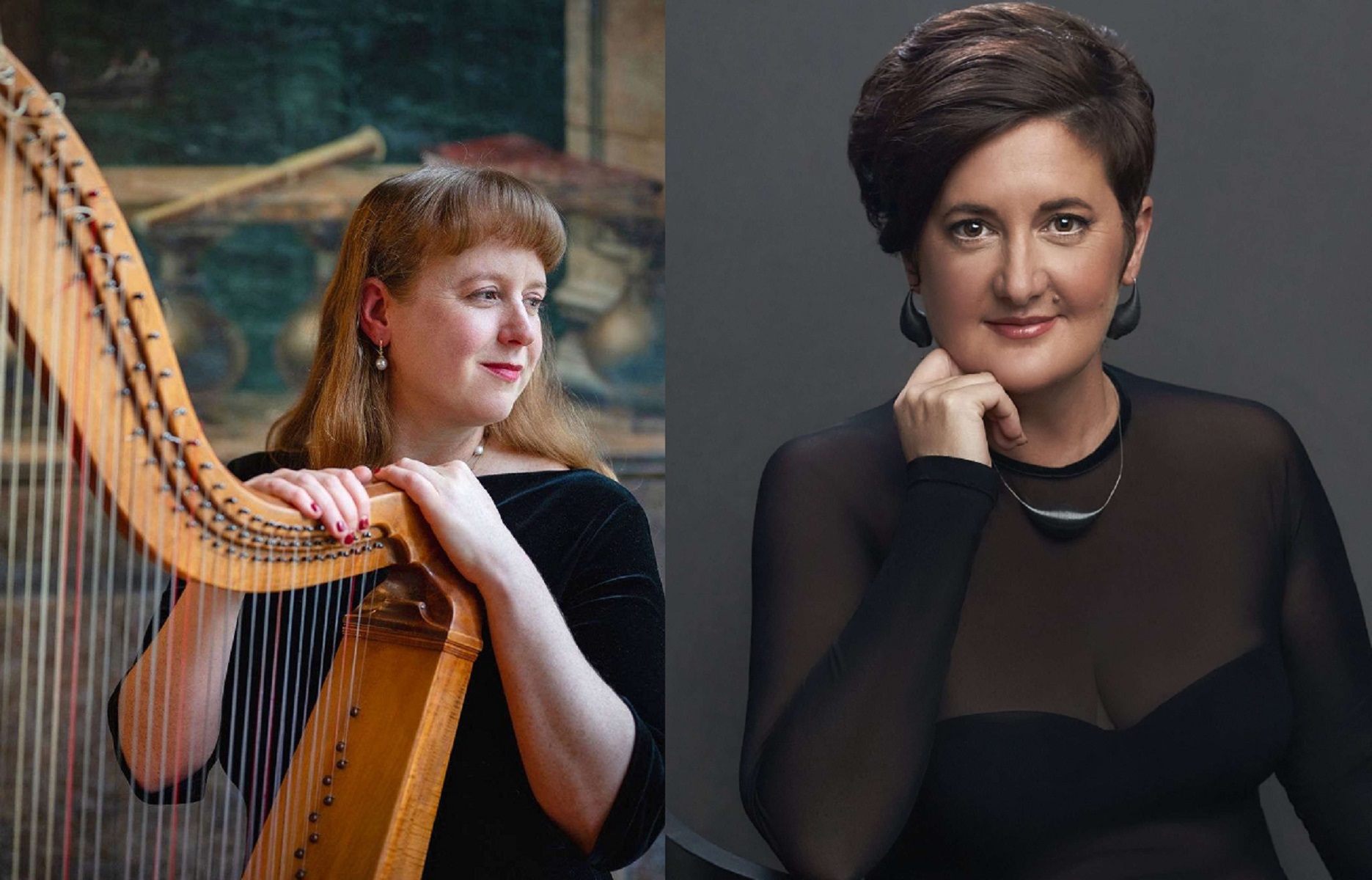
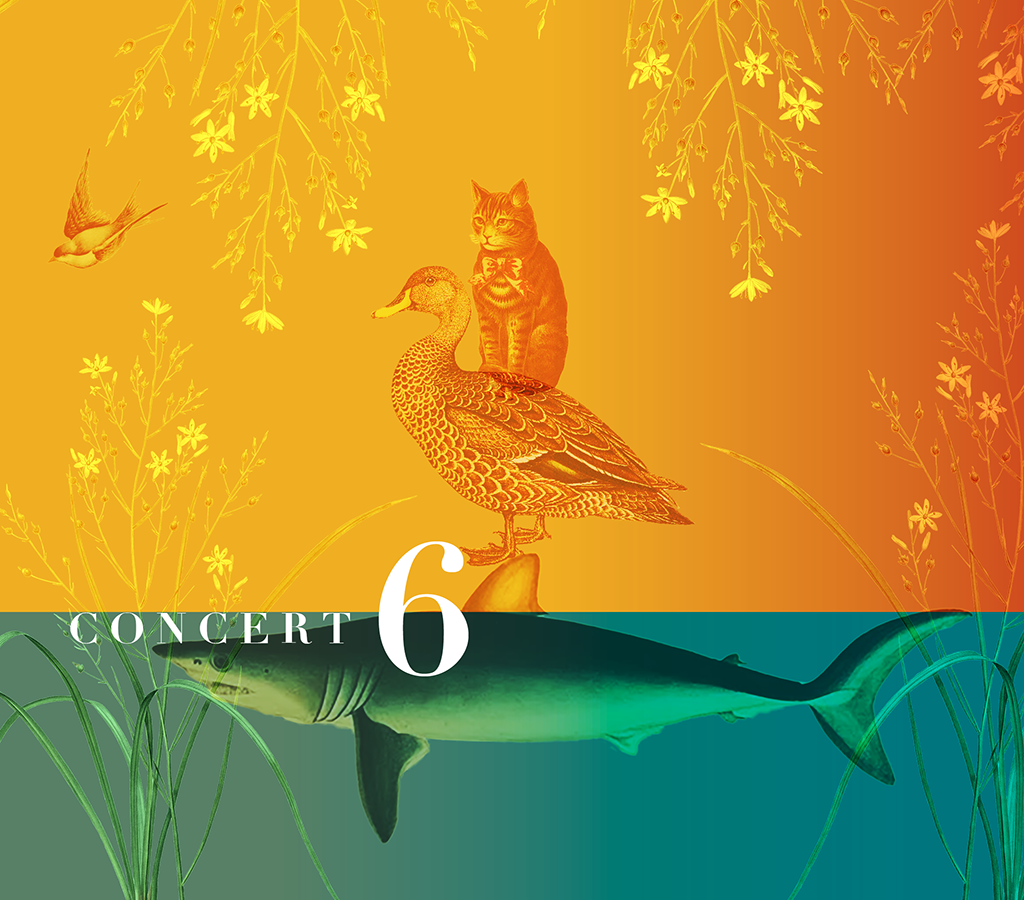

![user222 mrc mostlymozart [splendour of vienna] user222 mrc mostlymozart [splendour of vienna]](https://cdn-classikon.b-cdn.net/wp-content/uploads/2024/02/user222-mrc_mostlymozart_splendour_of_vienna.png)

